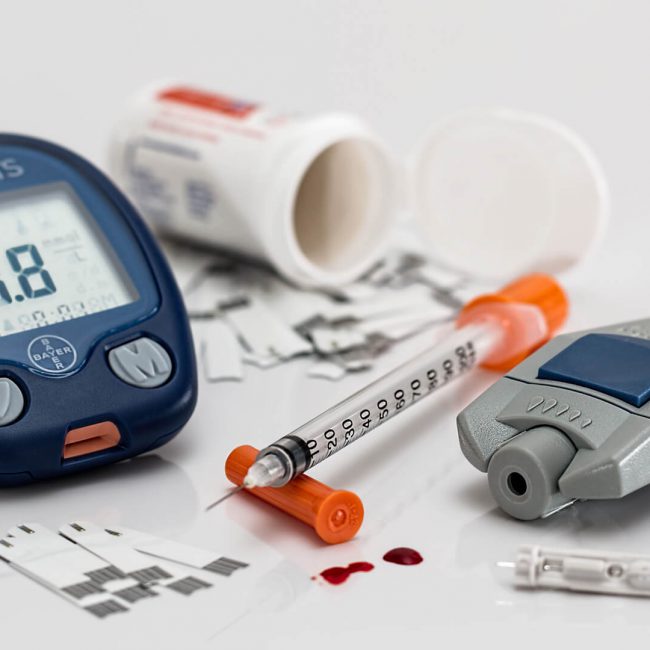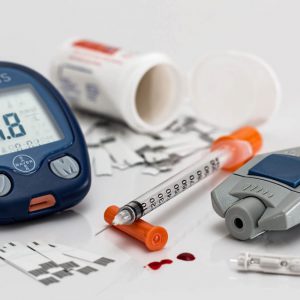This test measures the amount of phosphorus (a mineral) in urine. This test is used to identify phosphorus as a possible cause of kidney stones.
Phosphorus is a mineral the body needs to build strong bones and teeth. It is also important for nerve signaling and muscle contraction. This test is ordered to see how much phosphorus is in your blood. Kidney, liver, and certain bone diseases can cause abnormal phosphorus levels.
The phosphorus excretion ranges from 400 to 1500 mg per day, and water excretion (urine volume) from 500 to 3500 ml (50 to 350 dl) per day. This means that the “normal” urinary phosphorus concentration could be as low as 1.1 mg/dl (400/350) or as high as 30 mg/dl (1500/50). So this indicates biological problem.



